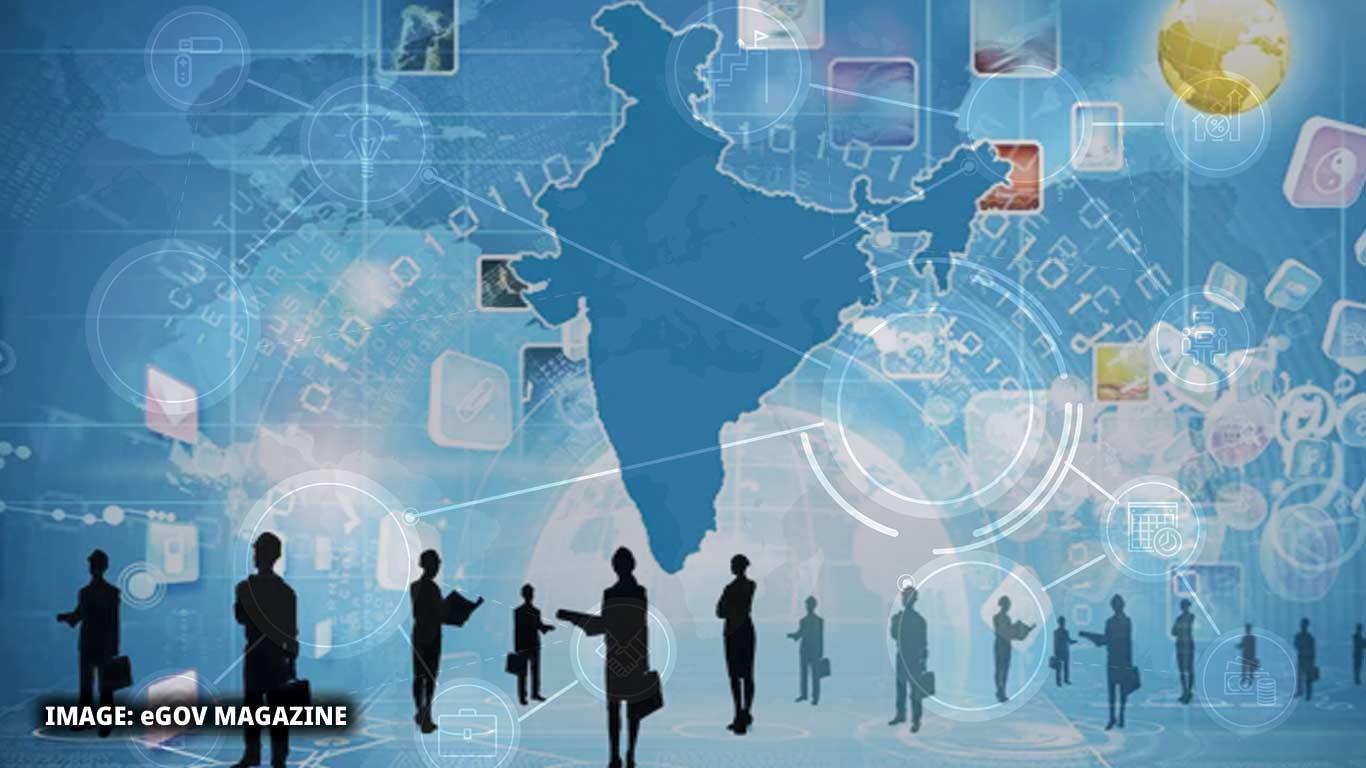
US Dependence In India's Digital Ecosystem Poses Security & Economic Risks: GTRI
The think tank cautioned that the US has the ability to disrupt banking, governance, and defence systems by restricting access to critical technologies, while also influencing public discourse through foreign-owned digital platforms.
“India's economy and security are deeply reliant on US software, cloud, and social media platforms, creating a major vulnerability in times of geopolitical tension,” the report noted.
To mitigate these risks, GTRI has recommended the launch of a 'Digital Swaraj Mission', centred on developing a sovereign cloud, indigenous operating systems, homegrown cybersecurity solutions, and data-driven artificial intelligence leadership.
GTRI Founder Ajay Srivastava pointed to Europe's efforts in building sovereign cloud infrastructure and enforcing the Digital Markets Act, as well as China's strategy of replacing foreign code in government, defence, and industrial systems with domestic alternatives.
Highlighting India's exposure, the report noted that over 500 million smartphones in the country operate on Google's Android system.
“India's digital backbone could be crippled overnight if US tech giants withdraw support for Windows, Android, or cloud services,” Srivastava warned.
The proposed Digital Swaraj Mission outlines a phased approach. In the short term (1–2 years), GTRI suggests mandating sovereign cloud hosting for critical data, launching a national operating system programme, and piloting Linux transitions in key ministries.
In the medium term (3–5 years), it recommends migrating government systems to Indian software and establishing public-private cybersecurity consortia.
By the long term (5–7 years), India should aim to achieve cloud parity, replace foreign operating systems in defence and critical sectors, and create globally competitive open-network platforms.
The report argues that adopting this roadmap will not only reduce strategic vulnerabilities but also strengthen India's position in the global digital economy.
(KNN Bureau)
Legal Disclaimer:
MENAFN provides the
information “as is” without warranty of any kind. We do not accept
any responsibility or liability for the accuracy, content, images,
videos, licenses, completeness, legality, or reliability of the information
contained in this article. If you have any complaints or copyright
issues related to this article, kindly contact the provider above.


















Comments
No comment